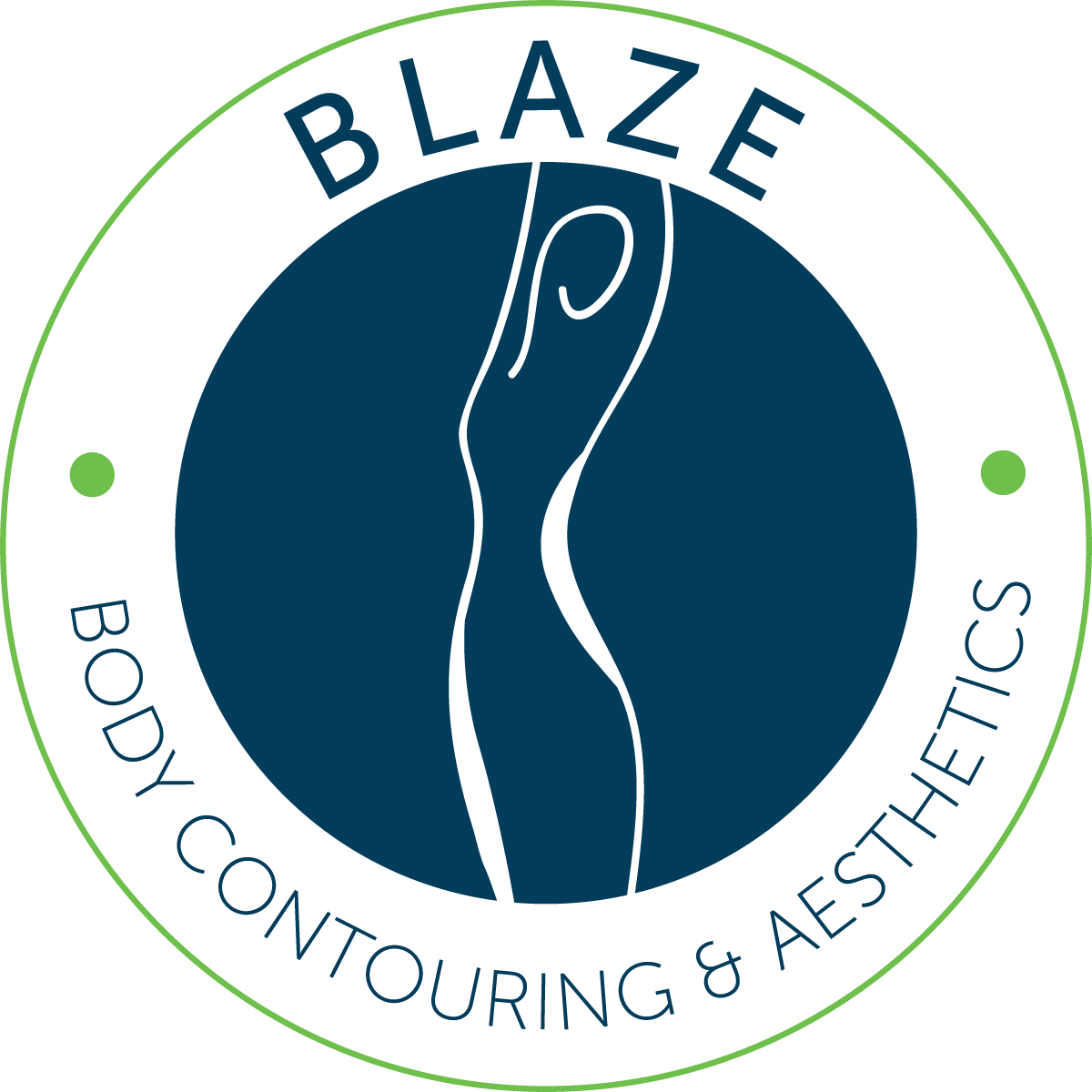Mmmmm… Coffee. It tastes good, it’s a great way to start your morning, and the hot mug warms up your hands when it’s cold outside… but could the caffeine in that cup also help you lose weight?
When it comes to the connection between caffeine and weight loss, there are three common claims…
Research suggests that consuming caffeine can jumpstart your metabolism and help you burn fat. One study, for example, found that in the three hours after consuming coffee, metabolic rates were significantly higher in those who drank coffee than those who did not.
Another common belief is that caffeine boosts your energy level. The theory here is that the energy boost will make you more motivated to exercise, help you exercise for a longer time, or both. In fact, the International Olympic Committee puts a limit on caffeine intake for athletes so as not to give them an unfair advantage.
 Coffee is often cited as an appetite suppressant. This suggests that drinking the caffeinated beverage could lead you to eat less.
Coffee is often cited as an appetite suppressant. This suggests that drinking the caffeinated beverage could lead you to eat less.
Here’s my take on the subject…
It’s definitely tempting to believe that caffeine is the answer to your weight-loss woes. But there are several reasons why consuming caffeine won’t necessarily lead to shedding those extra pounds. Plus, consuming too much caffeine can be dangerous.
Studies do show that caffeine intake can increase your metabolism… but the effects only last for a few hours, and the effects are much less pronounced in obese people. In other words, people who need to lose significant amounts of weight are much less likely to have their metabolism boosted by caffeine.
As for exercise performance, studies really only show that caffeine can help boost energy for short workouts (about 5 minutes) and for endurance exercise done by trained athletes. There isn’t much evidence that caffeine has a positive effect on mid-length, moderate workouts.
The appetite suppression claim is probably just that: a claim. One of the only studies on the subject found that drinking coffee had little to no effect on participants’ appetites.
Plus, people grow tolerant of coffee pretty quickly, so any positive effects tend to be short-lived.
Even if caffeine does help some with weight loss, it’s likely that any positive effects would be outweighed by the extra calories people tend to consume when they get caffeine in the form of sweet beverages. Coffee and tea are often drowned in cream and sugar, and it’s no secret that coffee-shop concoctions can be super high in calories. And soda, iced tea, and many other bottled caffeinated beverages can also be high in sugar, carbs and calories.
HG warning: Caffeine is a diuretic, which means it will contribute to losing some water weight on a short-term basis, but too much can be dangerous in the long-run. Always be sure to stay hydrated! Here are some tips for getting those 8 glasses of water a day.
And finally, here are some coffee-centric Hungry Girl tips and tricks…
If you get your caffeine from coffee, be aware of what else you’re taking in. A lot of coffee drinks are packed with calories, fat, and sugar.
When you’re on the go, follow these tips. Order your drinks with just a splash of fat-free milk, trade traditional syrup for sugar-free, and choose no-calorie sweeteners over straight-up sugar. Click here for more coffeehouse help!
If you make your cup of joe at home, stick with smart milk and sweetener choices. I always recommend unsweetened vanilla almond milk (it’ll add creaminess and flavor to your coffee for minimal calories) and natural no-calorie sweeteners.

Comments are closed